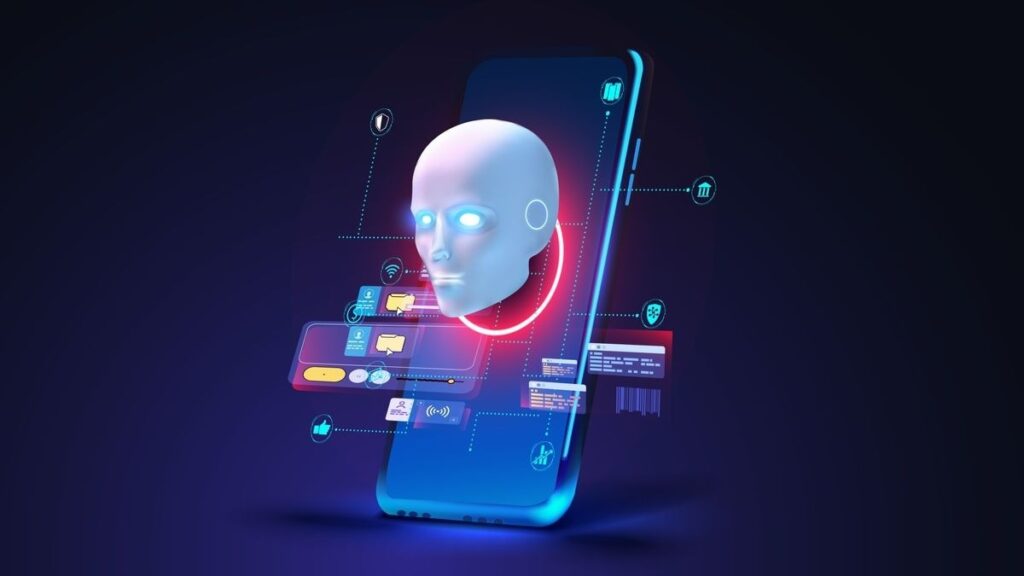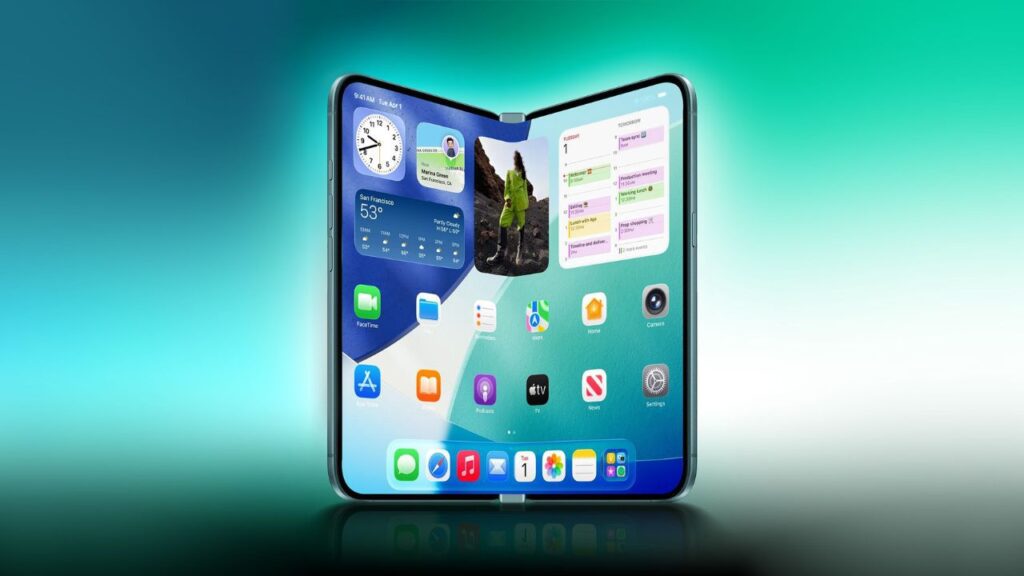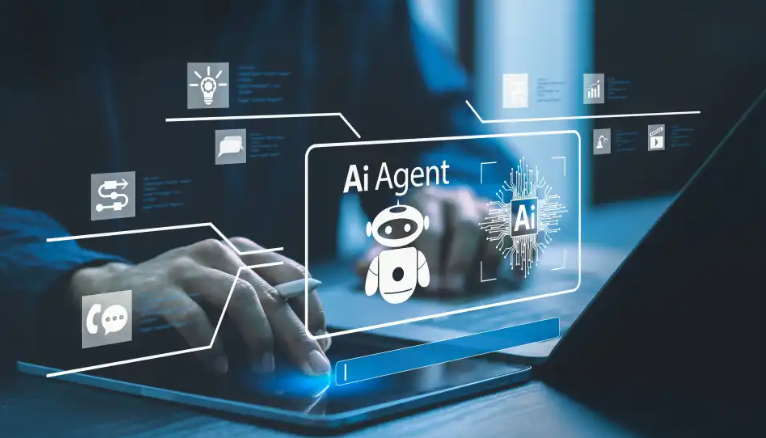In the last ten years, smartphones have gone from being simple pocket telephones to little supercomputers that fit in your hand. They stream, navigate, entertain — basically, they do everything except make your morning coffee. But here’s the kicker: the next leap isn’t just about faster chips or sharper cameras. It’s about agents.
Imagine this: a phone that doesn’t just wait for you to tell it what to do, but actually acts on its own. Bill Gates and other tech visionaries talk about a future where your personal assistant isn’t reactive — it’s proactive. It thinks, plans, and executes. It’s not just smart. It’s almost… alive.

From “Hey Siri” to “I Got This”
Right now, voice assistants are reactive. You ask, they act. Simple, predictable. But agentic AI is something else entirely. It’s the difference between someone handing you a map and someone guiding you through the city while anticipating every turn, detour, and snack break.
Your future phone might scan your calendar, pick out important emails, summarize them, and even prep a checklist — all before you’ve had your morning coffee. It’s not science fiction. Researchers and companies are pushing toward a world where AI doesn’t just answer questions — it solves problems for you.
The Tech Making This Possible
A few things have come together to make this dream a reality:
-
- Language and multimodal models can now understand text, voice, images, and context at the same time.
-
- Edge computing and better on-device AI mean your phone can process huge tasks without constantly reaching for the cloud. Faster and more private.
-
- Task automation research, like the two-level “planner + executor” systems, shows phones can handle multi-step tasks efficiently.
-
- Security frameworks are evolving, so your AI can act without risking your data or identity.
Put simply: your phone could soon understand your life — your schedule, preferences, and habits — and act on your behalf. No nagging reminders. No forgotten tasks. Just a silent, competent helper in your pocket.
Why You Should Get Excited (and a Little Nervous)
Here’s what’s amazing about a truly agentic phone:
-
- Proactive help: It doesn’t wait. It anticipates. It’s like having a personal secretary who never sleeps.
-
- Seamless automation: Schedule a meeting, reserve a room, send invites, prepare documents — done, done, done.
-
- Simplified life: Fewer apps. Less chaos. Everything coordinated behind the scenes.
-
- Time back for you: In a world drowning in notifications, this could feel like reclaiming your own brain space.
But — there’s always a but — there are challenges:
-
- Privacy: An agent that knows your life is powerful… but also vulnerable.
-
- Trust: Handing off decision-making is exciting, but scary. Will it really understand you?
-
- Complexity: A phone that’s too smart might also frustrate when it misreads a command.
-
- Lock-in: If the AI is tied to one ecosystem, changing devices might feel like losing a friend.

When Could This Happen?
While we’re not quite at the “perfect agent” stage yet, signs point to a near future:
-
- Voice assistants are already incredibly advanced in 2025.
-
- Research shows that real-time, autonomous AI pipelines on mobile are feasible.
-
- Hardware manufacturers are ramping up devices capable of heavy AI processing on-device.
In short: we might see phones marketed not just as “smart” but as “personal AI agents” within the next few years. And that’s a pretty exciting thought.
Early Adopter Guide
Thinking about diving in early? Keep an eye on these:
-
- On-device AI: How much runs locally? More local processing = faster, private, reliable.
-
- Memory & personalization: Does it remember context and preferences in ways that make sense to you?
-
- Ecosystem compatibility: Can it interact seamlessly with your apps and services?
-
- Control & transparency: Do you get the final say, or does the agent have free rein?
-
- Future-proofing: Can the AI improve over time, or are you stuck with the version shipped?
Bigger Picture
An agentic AI phone isn’t just about convenience. It’s a shift in how we relate to technology. Your phone could become a collaborator — someone (or something) you trust to handle daily life while you focus on the things that matter.
Sure, there are questions. How much control do we give up? Can we trust our devices to act responsibly? How will this change human behavior? Businesses, students, families — everyone could benefit, but society will have to adjust to this new dynamic.

Final Thoughts
Your next phone might not just be smarter. It might be thinking for you. Acting for you. Anticipating your needs before you even notice them. The technologies are here. The groundwork is laid. The future is closer than you think.
Soon, when you pick up your phone, it might not just answer your questions. It might answer your life.
If you want to see how smartphones are evolving with AI, take a look